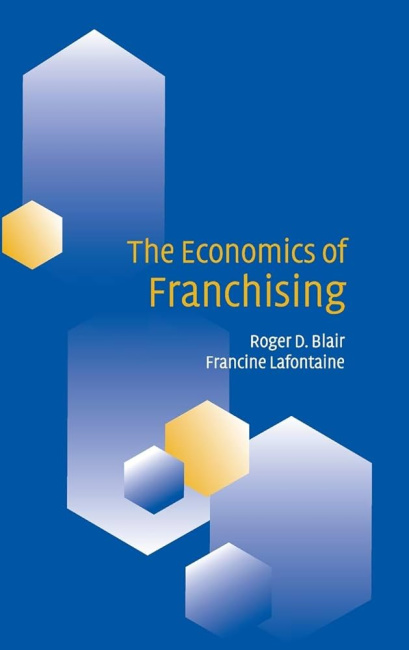
Franchised chains have an outsize influence on the economy: firms involved in a variety of business activities are organized as franchised chains and they employed over 9.6 million workers in the United States in 2017 according to the Census Bureau. Professor Francine Lafontaine's pioneering work on franchising shows that the success of this organizational form across various sectors results from the franchisor and franchisee specializing in the activities they are best suited to. Specifically, the franchisor specializes in creating and supporting the business format and brand, where scale is especially beneficial, and the franchisee optimizes operations locally, where their knowledge and efforts are particularly valuable. Lafontaine's work in this area has informed the choices that franchisors make and the nature of the contracts they use, and also the debate over legislation that aims to address the alleged shortcomings of the franchising organizational form.
Her work suggests caution in developing potential public policy changes as consumers, existing and potential franchisees, as well as their employees stand to lose in the long term if franchising becomes less competitive as a form of organization. More broadly, Lafontaine's research has made seminal contributions to our understanding of how firms interact with each other in the process of procuring inputs or distributing their products, and prompted her appointment as Director of the Bureau of Economics at the FTC in 2014-15. In particular, her research has shown that factors driving vertical integration and vertical contracting can be very different from those motivating horizontal mergers, so analyses of vertical mergers should start from a different premise compared to analyses of horizontal mergers. Her detailed analyses of franchise contract terms, as described in her book The Economics of Franchising, provide further reasons why, in her view, the rule of reason continues to be the right approach in antitrust cases involving vertical restraints.




